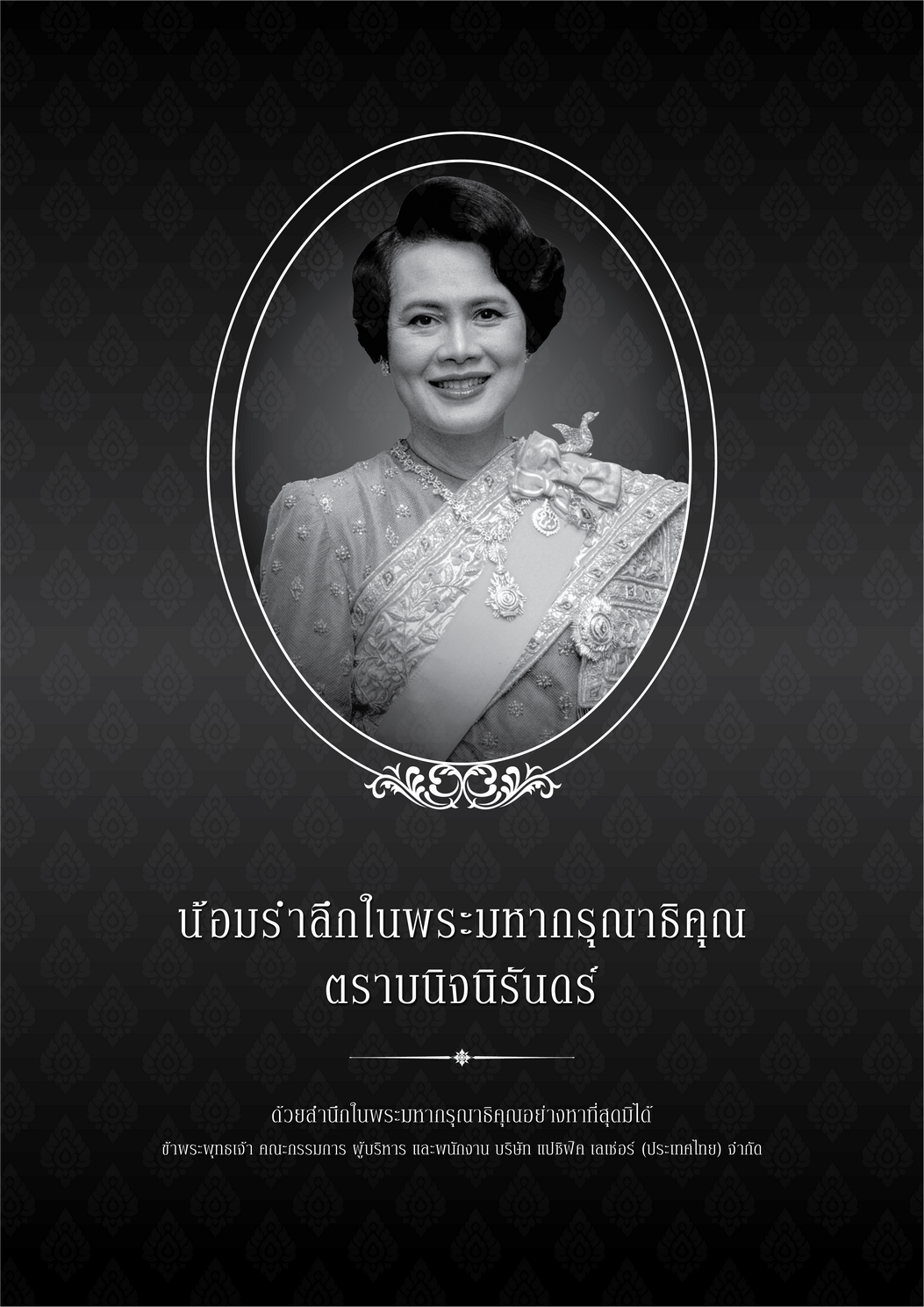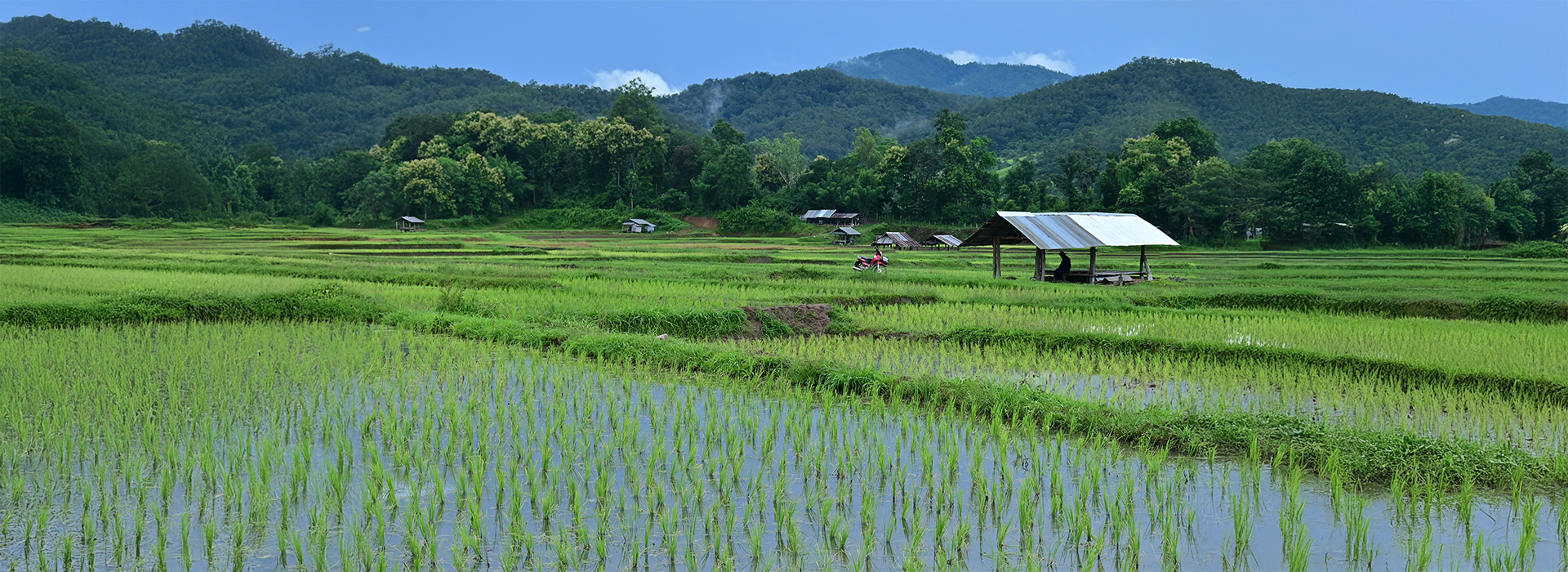
When Pai Turns Green: A Rainy Season Escape
Amphoe Pai, or Pai Town, it’s all the same magical place.
Nestled deep in the valleys of Mae Hong Son, Pai is more than just a scenic mountain town. It’s a cultural mosaic shaped by diverse communities, Thai locals, Yunnanese Chinese, Shan, Karen, and others living side by side.
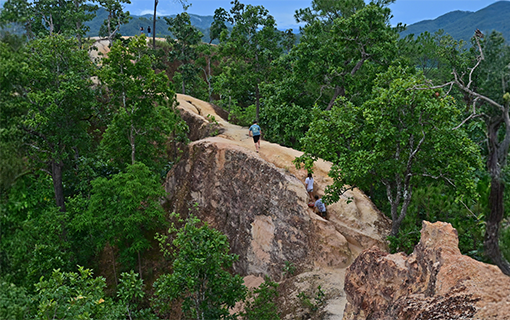
Pai Canyon (Kong Lan) rugged cliffs and adventurous trails, one of Pai’s most iconic spots.
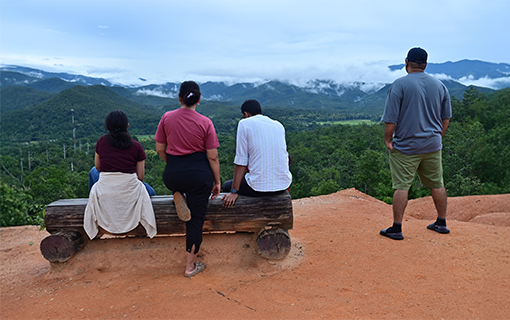
Another striking angle from Pai Canyon.
For over 30 years, Pai has been a beloved destination. Some travelers only know it for its walking street, cozy cafés, and lively bars. But the real Pai is richer, greener, and far more enchanting. Think endless rice fields, lush forests, and rivers weaving through the valleys.
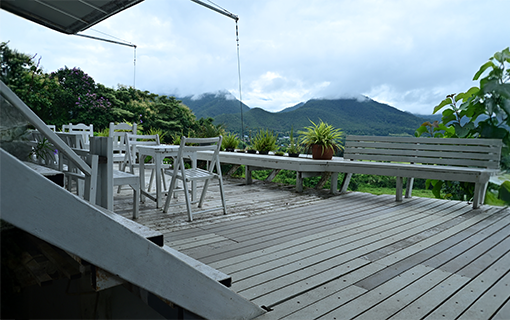
Coffee in Love, a legendary café on Route 1095 known for its charming garden, cozy design, and breathtaking views.
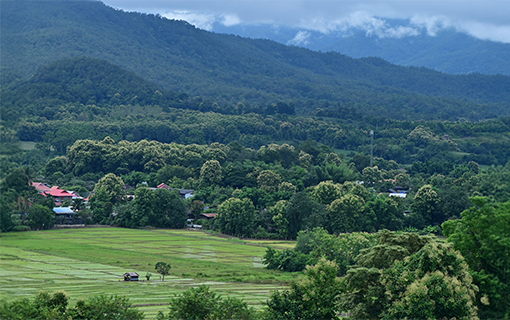
Lush valley rice fields seen from the terrace of Coffee in Love.
Just outside town, you’ll find treasures like the Karen rice paddies at Ban Mae Ping, Pai Canyon (Kong Lan) with its panoramic 360° views, and the iconic Pai Bridge, perfect for that must-have travel photo. For nature lovers, waterfalls like Mae Yen and Hua Chang are waiting in the forest. For those drawn to art and culture, Pai holds both traditional Lanna temples and Shan-style sanctuaries, including Wat Sri Don Chai, Wat Phra That Mae Yen, and Wat Nam Hu.
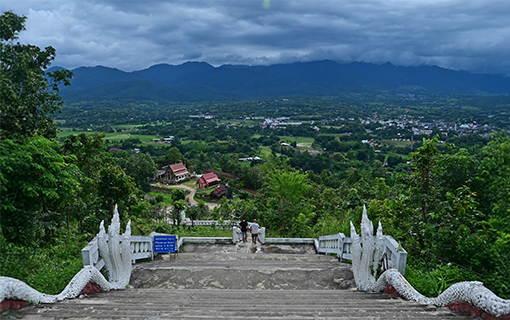
The panoramic viewpoint at Wat Phra That Mae Yen, overlooking Pai town.
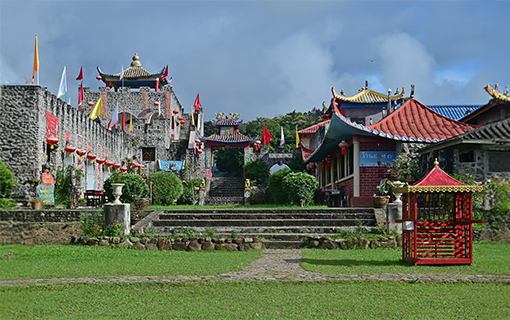
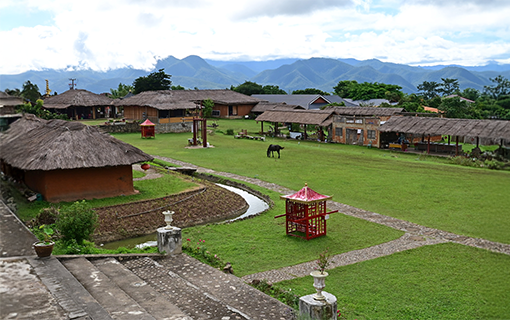
The Chinese-style square and buildings of Santichon Village are designed for visitors with restaurants, cafés, and shops selling tea, coffee, peaches, and plums.
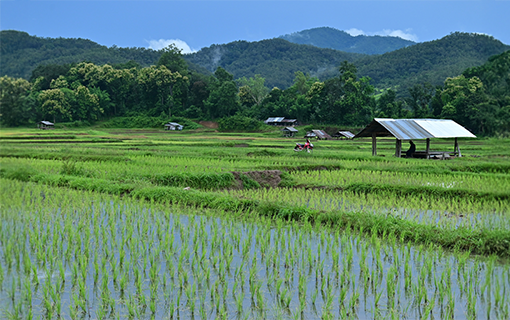
Karen rice fields at Ban Mae Ping, about 8–9 km before reaching Pai town.
Accommodation here is as varied as the town itself, from simple stays to chic boutique resorts and eco-lodges that bring you close to nature. And when it comes to food, Pai is a feast. With its mix of ethnic groups, you’ll taste everything from Chinese and Shan dishes to organic, healthy cuisine. Don’t miss Pai Na Pai Ta village for wholesome meals, or the bustling night market for endless variety.
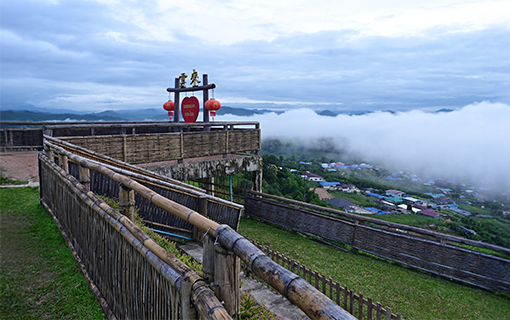
Yun Lai Viewpoint, Santichon Village famous for its dreamy sea of mist.
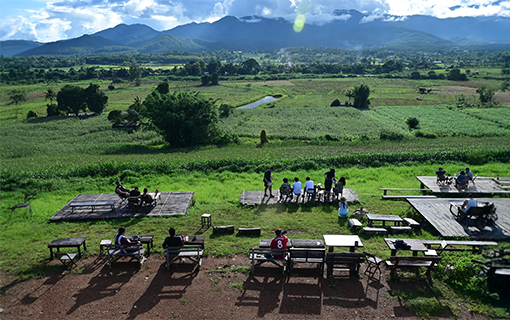
Two Huts Pai is a sunset-viewing spot popular with international travelers, offering wooden salas, food, and drinks.
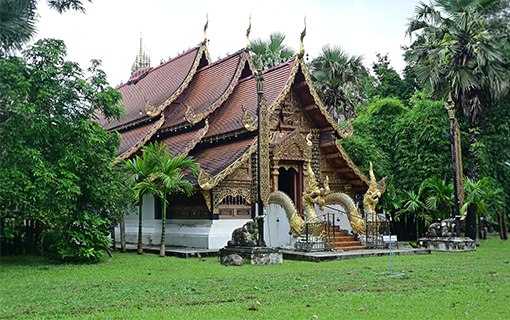
Wat Sri Don Chai, the very first Thai temple in Pai, is located in Wiang Nuea.
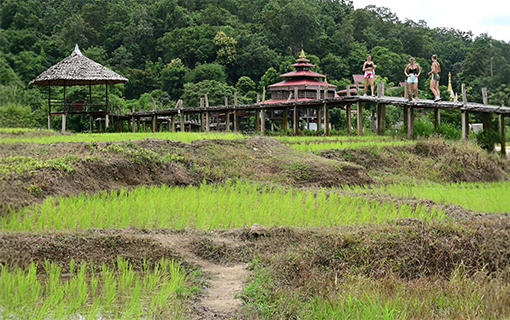
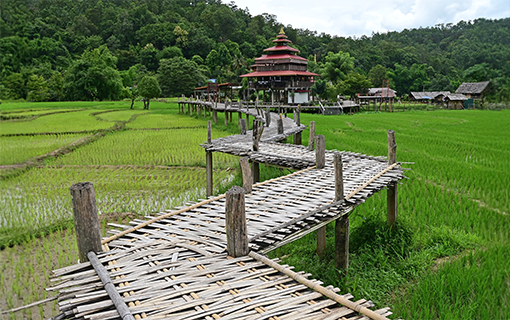
Kho Ku So Bridge is a wooden walkway stretching across Shan rice fields, linking the Pam Bok community with Huay Kai Kiri Temple.
But if there’s one season that truly shows Pai’s soul, it’s the rainy season. Rain falls gently over the mountains, sometimes in patches, sometimes drifting like a song across the valleys. Then comes the magic—mist blankets the hills, and rainbows stretch wide across the sky. Pai in the rain feels alive, refreshing, and deeply comforting—nature’s own embrace.
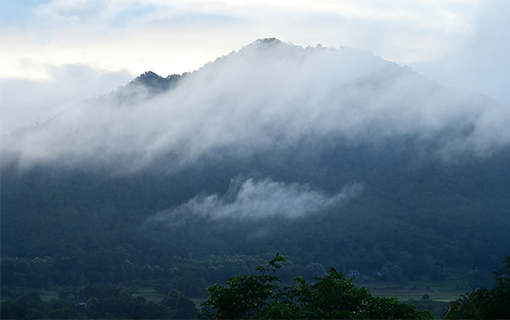
A curtain of mist drapes over Pai’s mountains, a scene that lingers all day, all month, during the rainy season.
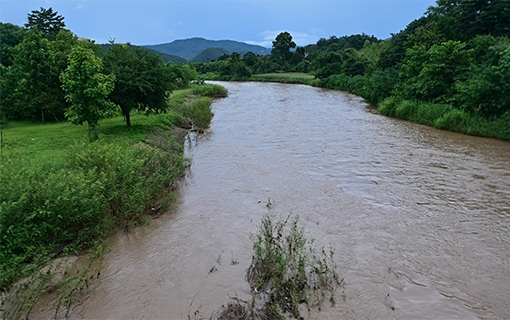
The Pai River, flowing strongly during the rainy season, was captured from the bridge just before town.
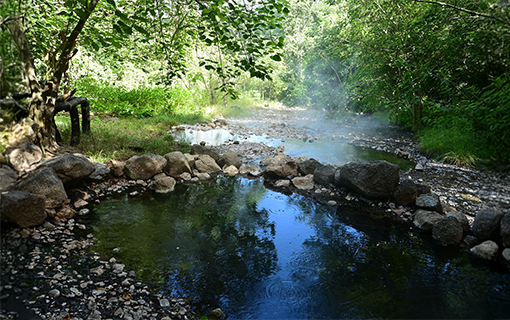
Tha Pai Hot Springs, a natural spring bubbling right in the forest.
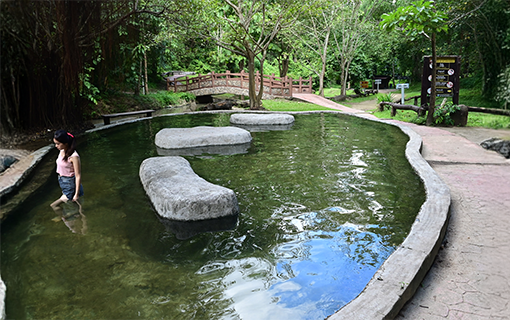
Tha Pai Hot Springs facilities with well-managed pools and private hut-style soaking areas.
Whether it’s your first visit or your tenth, experiencing Pai in the rainy season is something special. Come for the mist, the green, and the quiet charm that makes Pai unforgettable.
Discover Pai with Pacific Leisure—where every journey is crafted to connect you with the true spirit of Thailand.
Editor in Chief : Nampetch Siramanon
Editor: Pacific Leisure (Thailand)
Content Creator : Mr. Saroj Na Ayutthaya
Navigate
Terms & Privacy
Pacific Leisure (Thailand) Limited
No. 888/154, Mahatun Plaza Bldg., 15th Floor,
Ploenchit Road, Lumpini, Pathum Wan,
Bangkok 10330, Thailand
Phone : +66 22 542 966
Mobile : +66 87 347 3111, +66 63 224 1384
Email : info@pacificleisureth.com
Website : https://www.PacificLeisureTH.com
(TAT) Licensed No: 11/00161

